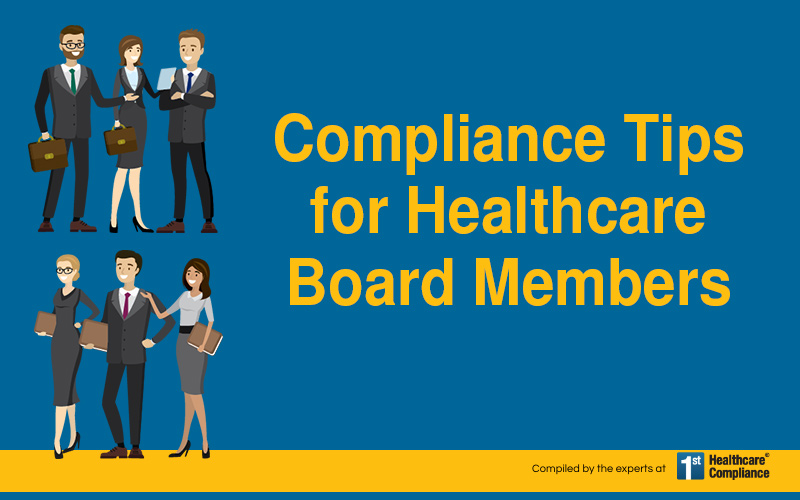
Infographic: Compliance Tips for Healthcare Board Members
Every board is responsible for ensuring that its organization complies with laws and regulations. Obviously, this is necessary to protect patients and public funds. Exercising oversight and monitoring of the organization’s compliance program is essential to corporate governance. Follow the tips in this week's infographic to detect non-compliance early and mitigate your risk.
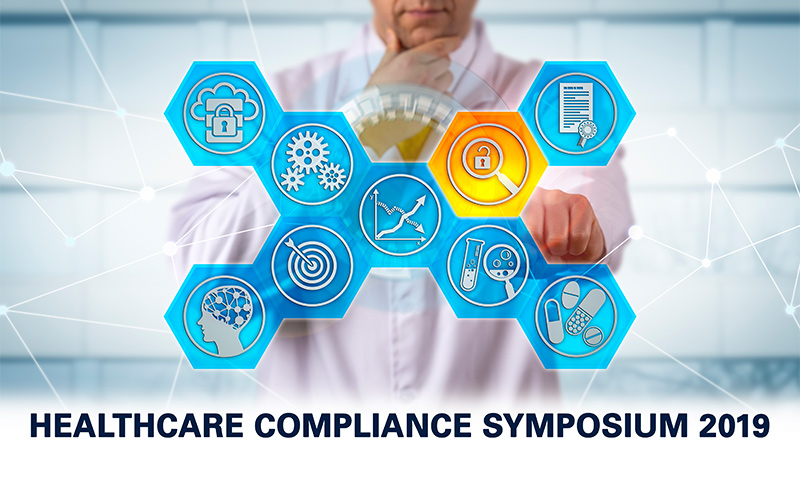
First Healthcare Compliance to co-host 2nd Annual Healthcare Compliance Symposium on April 4, 2019
The Healthcare Compliance Symposium 2019 will bring professionals from the healthcare and legal communities together for a day of discussion and learning on the campus of Delaware Law School. Seven industry experts will provide helpful insight on timely topics including cybersecurity, human resources challenges, telemedicine, exclusions, and ethics while instructing and leading interactive discussions among attendees to answer common questions and provide practical tips.
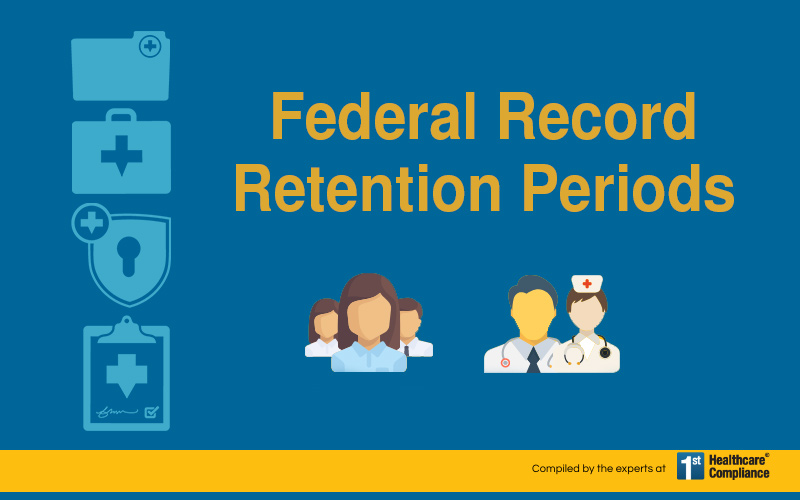
Infographic: Federal Record Retention Periods
Healthcare providers have enough documentation to keep track of when it comes to patients and their medical records. But retaining employment related documents is equally important. This week's infographic shows the common employment records that need to be maintained based on federal requirements.
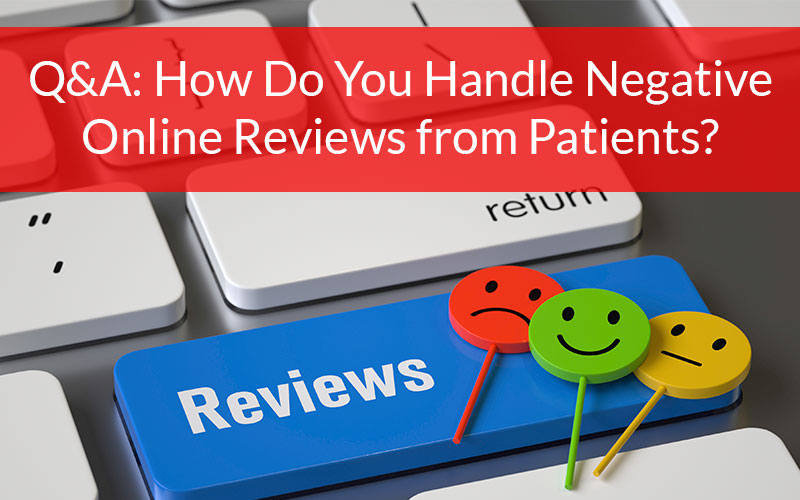
Q&A How Do You Handle Negative Online Reviews from Patients?
Gavin Baker, President of Baker Labs will present the webinar “How to Handle Negative Patient Reviews” on January 23, 2019 at 12 noon ET. In this week's blog he discusses handling negative online reviews.
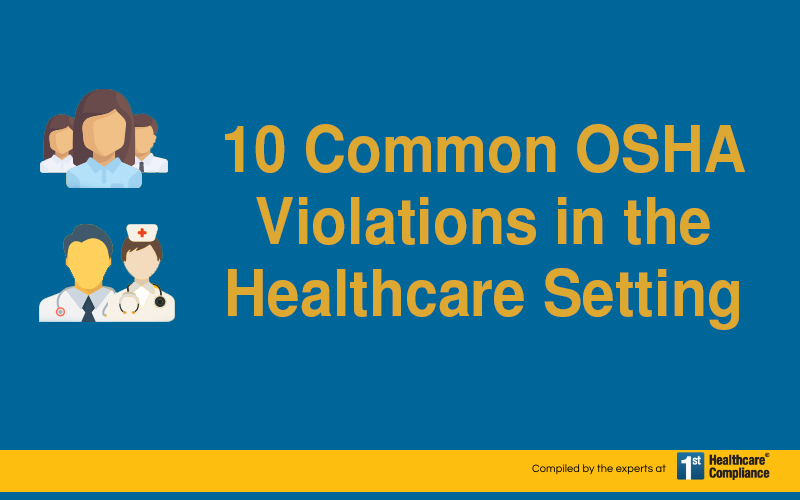
Infographic: 10 Common OSHA Violations in the Healthcare Setting
Under the Occupational and Safety and Health Act of 1970 (OSHA), employers are responsible for providing safe and healthful workplaces for their employees. Compliance with OSHA should be a critical component of your compliance program. Learn about common violations to protect your employees from risk and avoid OSHA penalties.
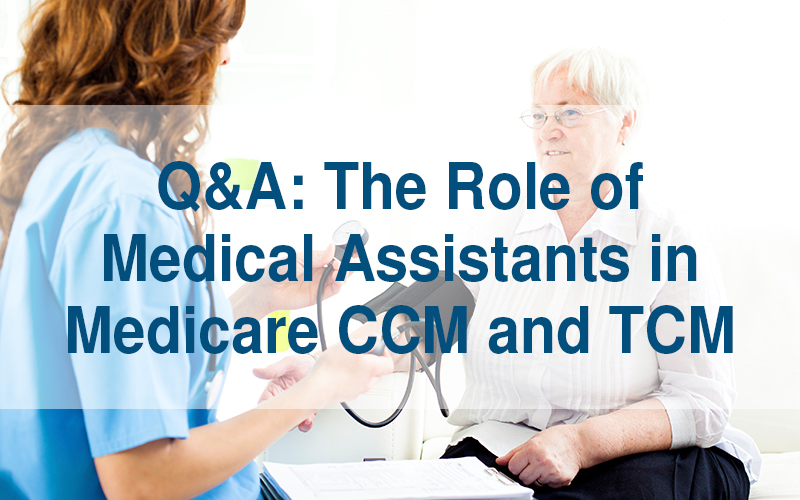
Q&A: The Role of Medical Assistants in Medicare CCM and TCM
/
1 Comment
Donald A. Balasa, JD, MBA, CEO and Legal Counsel at American Association of Medical Assistants (AAMA), presented the webinar “The Role of Medical Assistants in Medicare CCM and TCM.” Mr. Balasa returned to answer many commonly asked questions.

5 Benefits of Automating Incident Management in Healthcare
Incident reports are a typical part of risk management in the healthcare setting. In theory, properly reporting incidents provides an opportunity for a resolution by the right people at the right time. In any medical organization there are myriad reasons for a completing an incident report.

Q&A: Scanning the Unscannable: Improving Patient Flow in MRI
Wendy Stirnkorb, President & CEO of Stirnkorb Consulting, LLC and a registered radiographer, MRI technologist and Certified Radiology Administrator, presented the webinar “Scanning the Unscannable: Improving Patient Flow in MRI.” Ms. Stirnkorb addressed many common questions and we’ve highlighted the top Q&A.
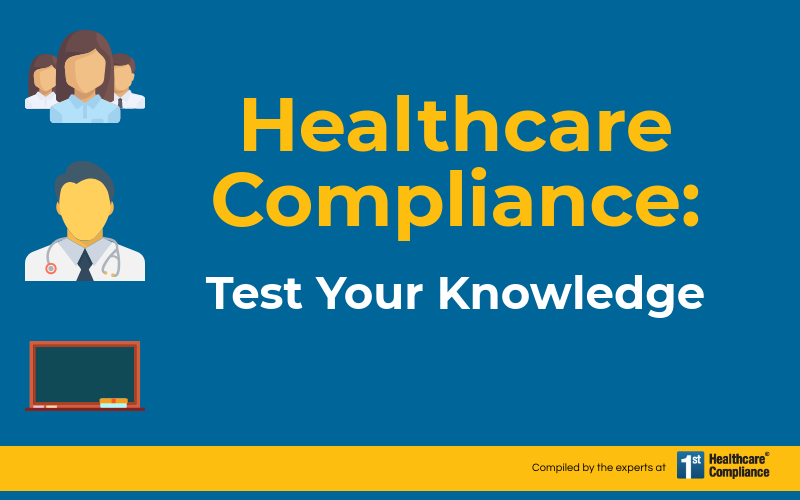
Healthcare Compliance: Test Your Knowledge
Healthcare compliance management covers a broad range of topics including HIPAA, OSHA, enforcement of regulations related to fraud, waste and abuse and employment laws. It’s likely that you encounter at least some of these common areas of confusion if you are a healthcare executive. View our infographic to test your knowledge.

Mitigate the Risks of Sample Medications
Patients may consider sample medications a bonus at any outpatient setting for reasons of convenience or cost savings. However, sample medications create liability for physicians and healthcare organizations while unsuspecting patients face increased safety risks.
